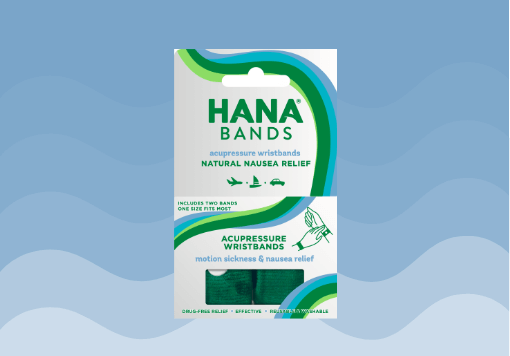How often do you slow down and enjoy a meal? It’s easy to rush when eating, especially if you are in a hurry to get to the next appointment. In our hectic modern lifestyles, there are times when eating is a side thought instead of a priority. As a result, people eat their meals quickly instead of enjoying the experience.
Even if you can gulp the food down quickly, eating fast has potential consequences. You might wonder: Does eating too fast cause nausea, indigestion, or other digestive issues? Yes! Not only do your dietary choices affect your digestion, but the size of the meal and the speed at which you eat can also be a factor.

Why Eating Fast Causes Nausea
When you are eating too much and too quickly, it can put pressure and strain on the digestive system. Also, some people find it more challenging to understand their hunger cues when eating quickly because it takes time for the stomach and brain to realize that you are full.
If you eat too fast, there is also the risk of overeating. Too much food in the stomach tends to increase the risk ofindigestion and heartburn because of the pressure in the stomach. So, slow your food intake and pay attention to how you feel throughout the meal.
Physical Signs You Are Eating Too Fast
The best thing you can do is be intuitive about your eating. When you are enjoying a snack or a meal, pay attention to how you are feeling and how your body responds. Then, you can start to make adjustments to the way you are consuming the food, which helps to minimize uncomfortable symptoms.
Physical signs that you are eating too fast might include:
- Digestive pain during/after eating
- Bloating after a meal
- Gas (burping and farting) after a meal
- Feeling too full after you stop eating
- Acid reflux, such as chest burning or acidic taste in your mouth
- Nausea, which can lead to vomiting when the symptoms are severe
Schedule enough time for the meal so you can sit down while eating and enjoy the experience. Be deliberate about slowing down during mealtime and chewing each bite thoroughly. These habits might seem small, but they have an undeniable impact on ensuring that your digestive tract has an easier time handling food.
Enjoy Your Food: No Need to Rush
Not only can you minimize the risk of nausea after a meal, but changing your eating speed can positively impact overall digestion. It’s important to be more present and aware of your eating habits instead of stuffing food down between meetings. If necessary, block out your calendar for meals so you have a sufficient amount of time to prepare and eat your meal without being too rushed.
In addition to enjoying your meal at the most relaxed pace possible, other things can also help to support your digestive health. For example, Hana Tonic is a proprietary blend of powerful ingredients and herbs that can calm the stomach andreduce symptoms such as nausea and indigestion. Try Hana Tonic as an at-home remedy when you overeat or consume foods affecting your digestive system.


